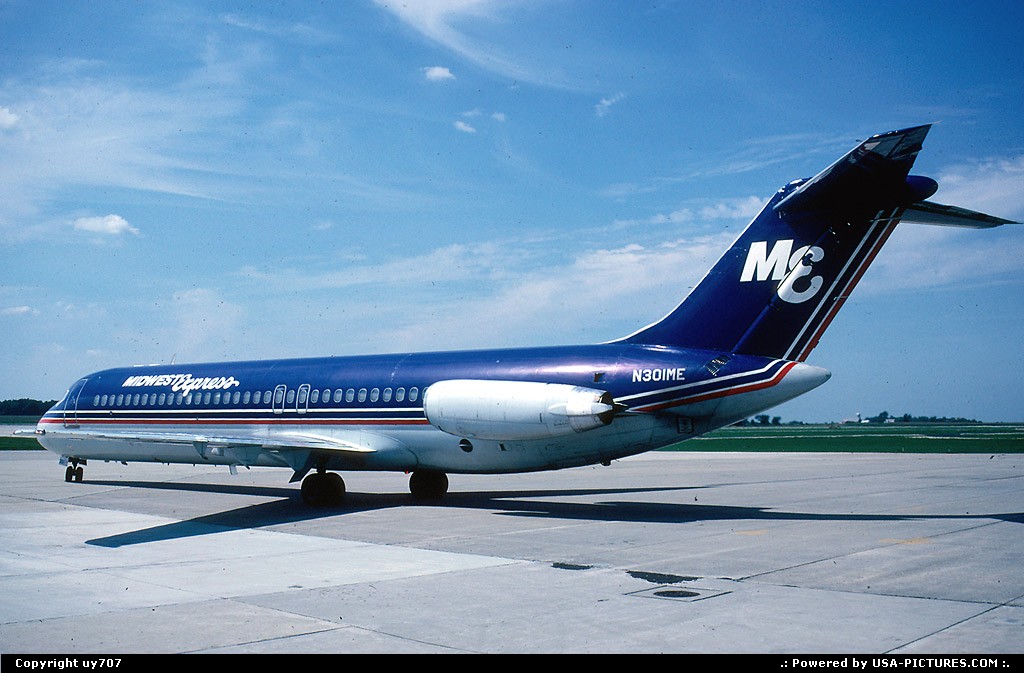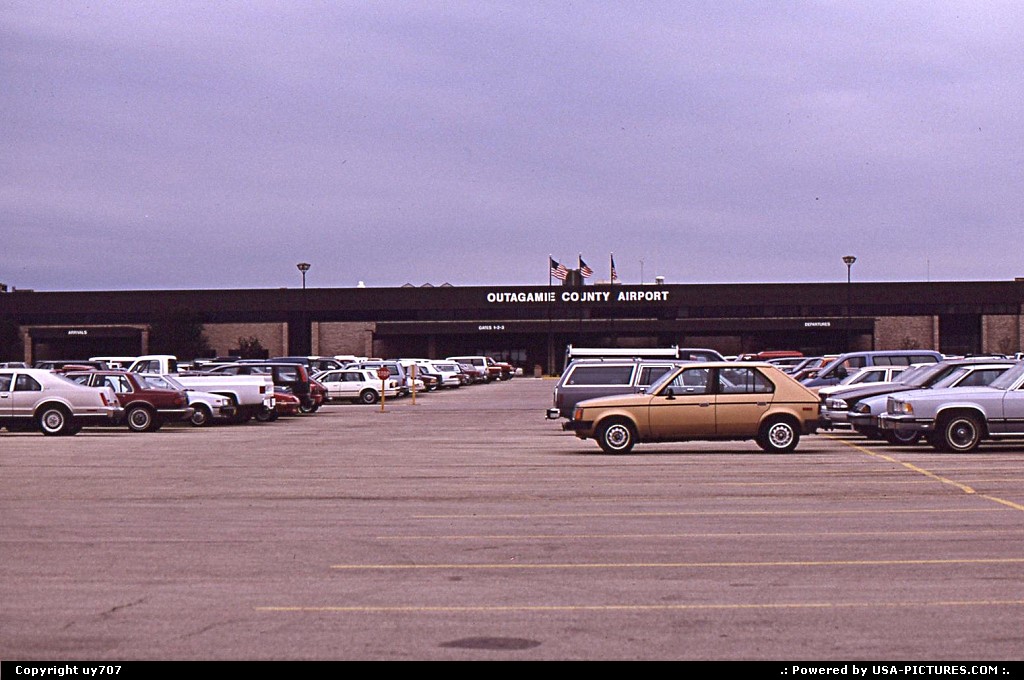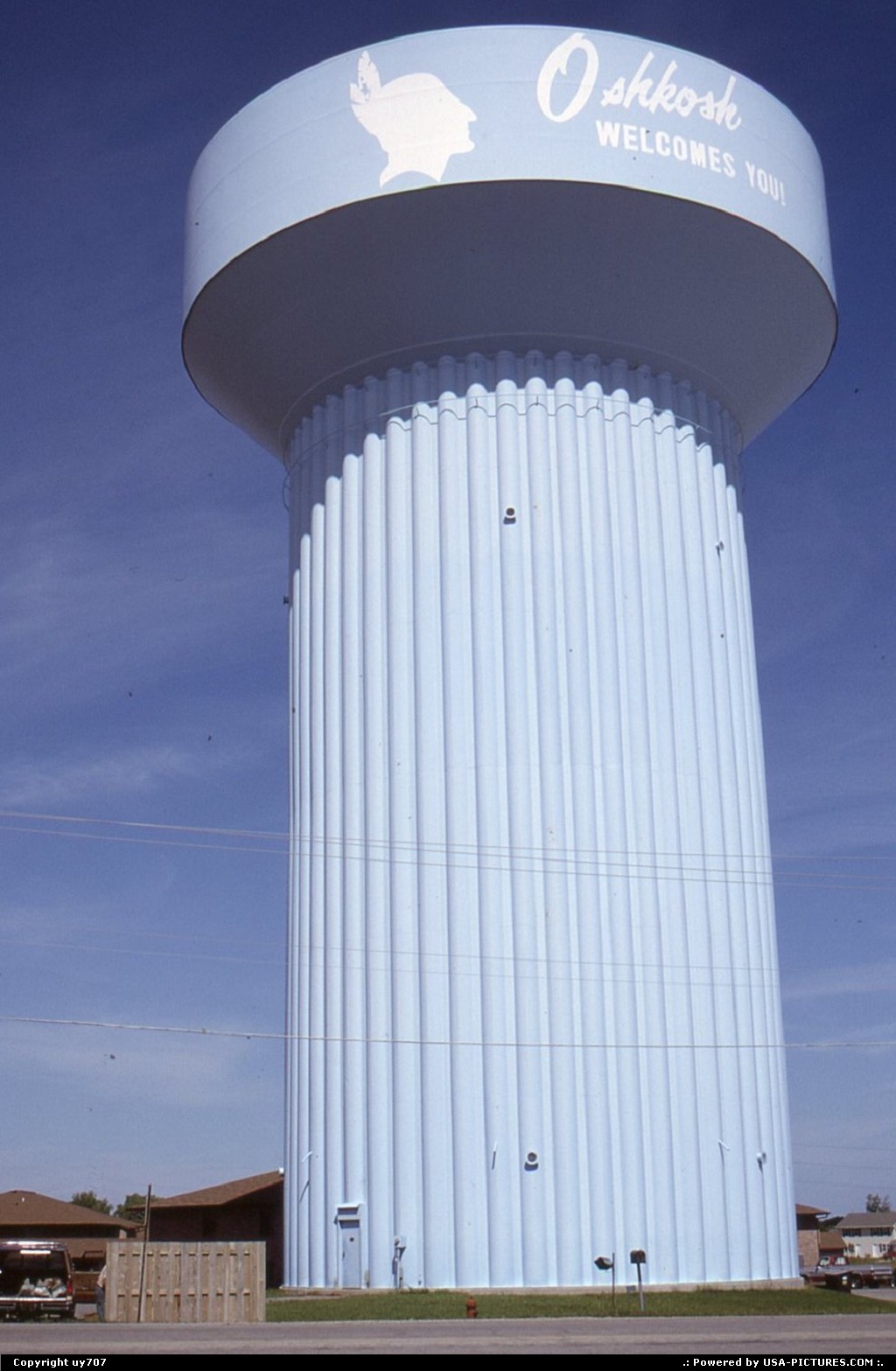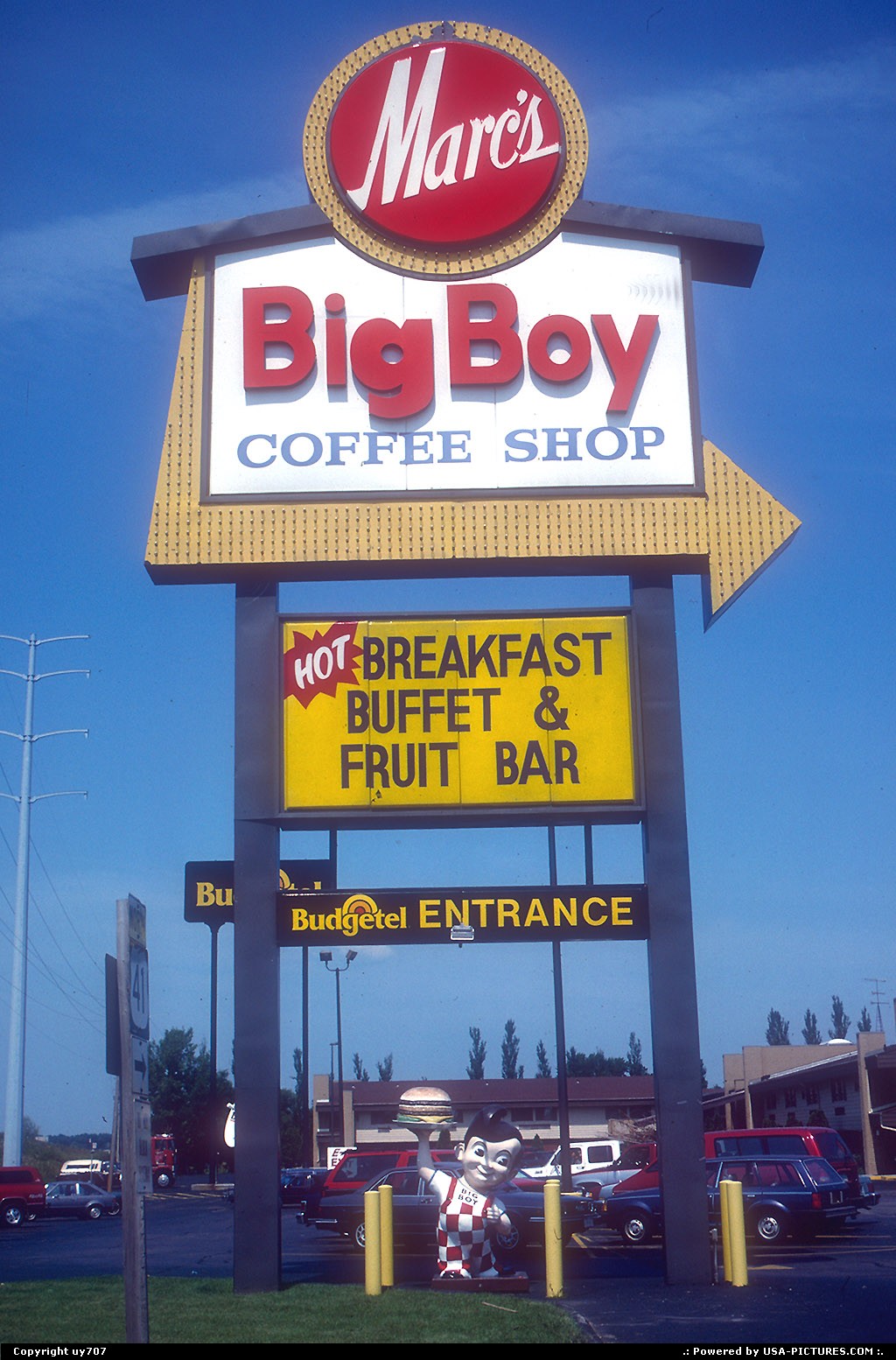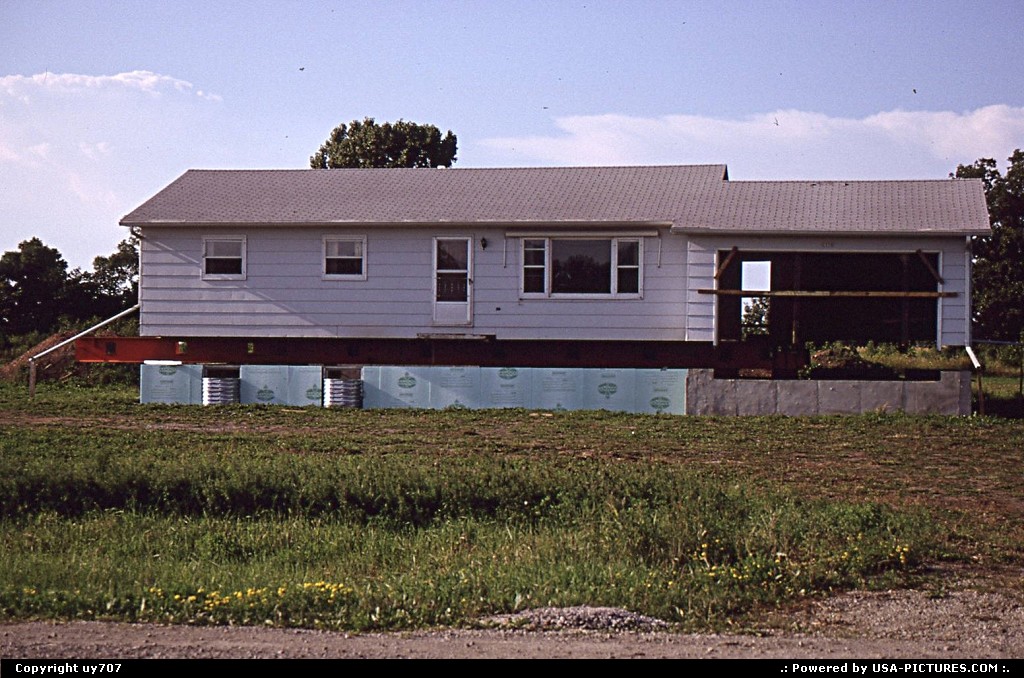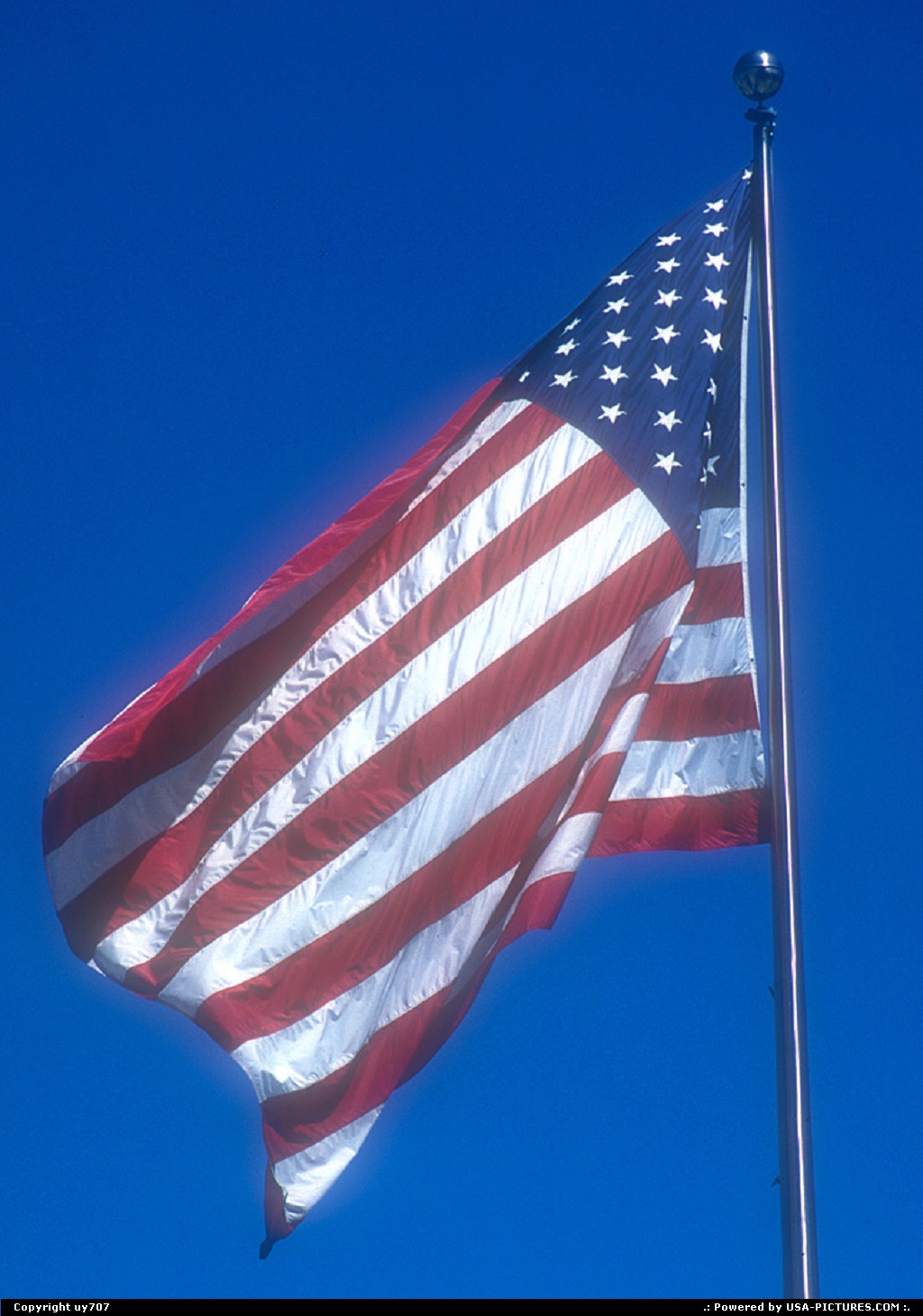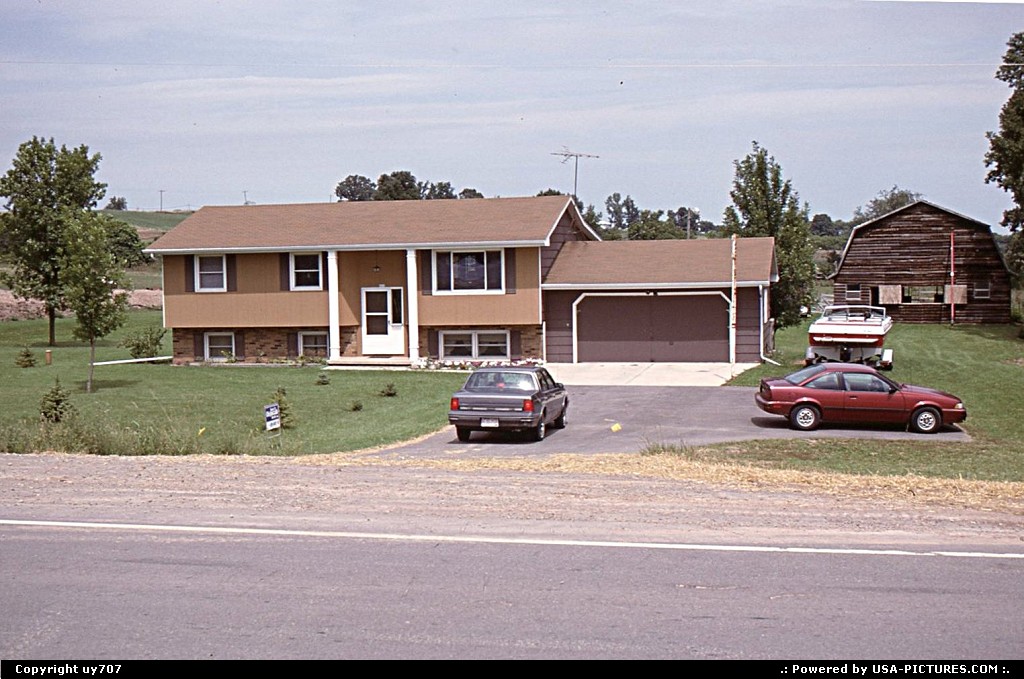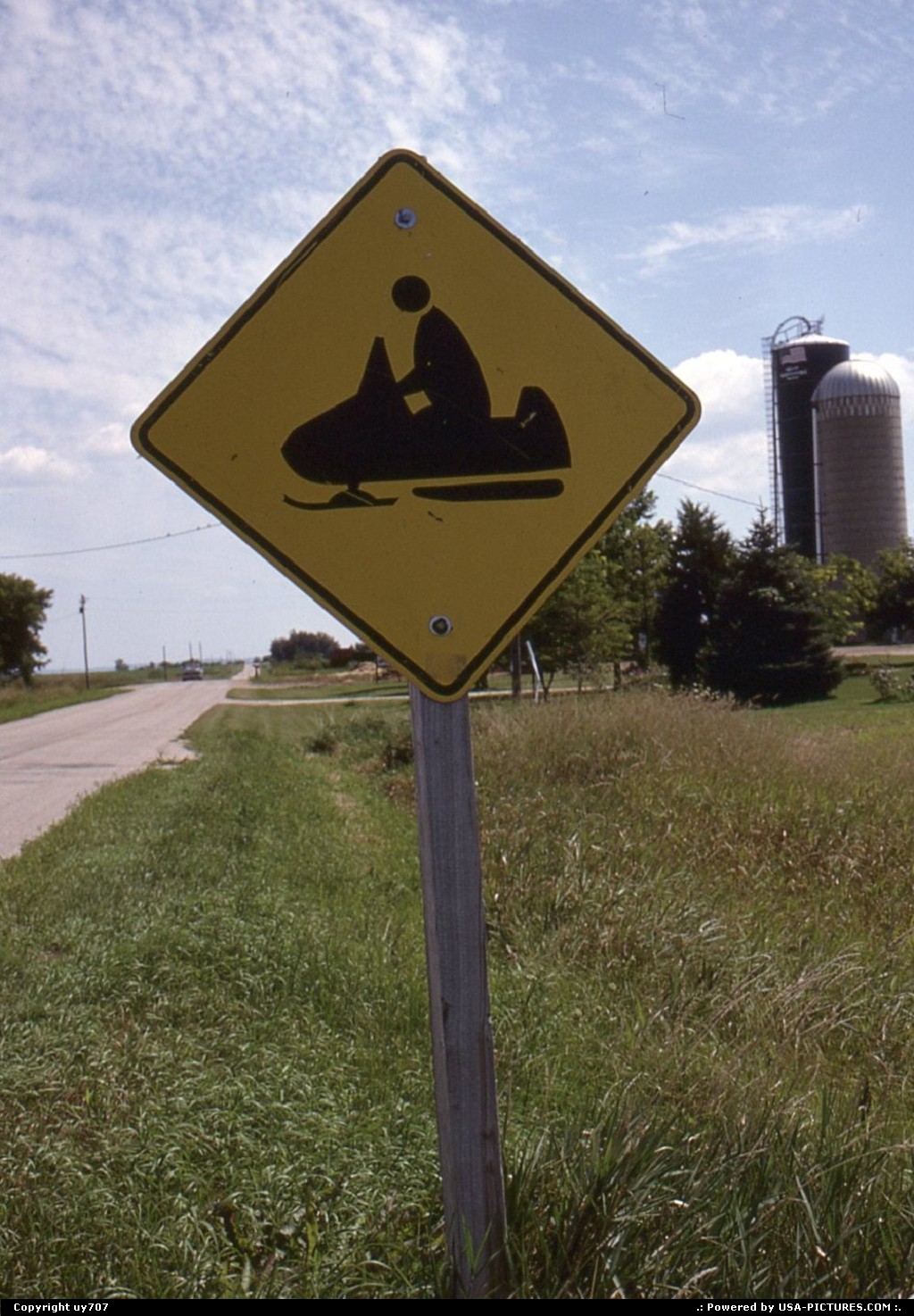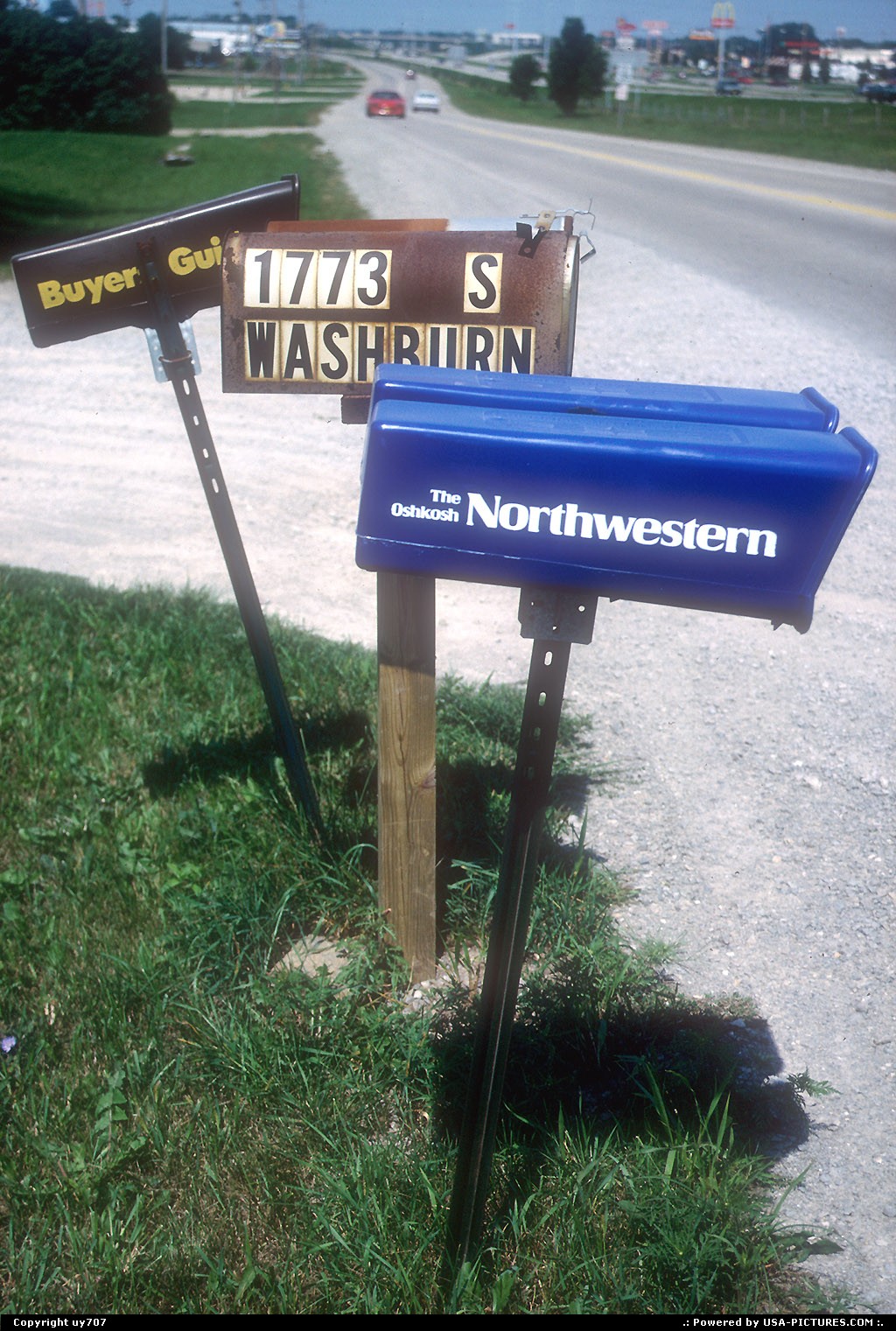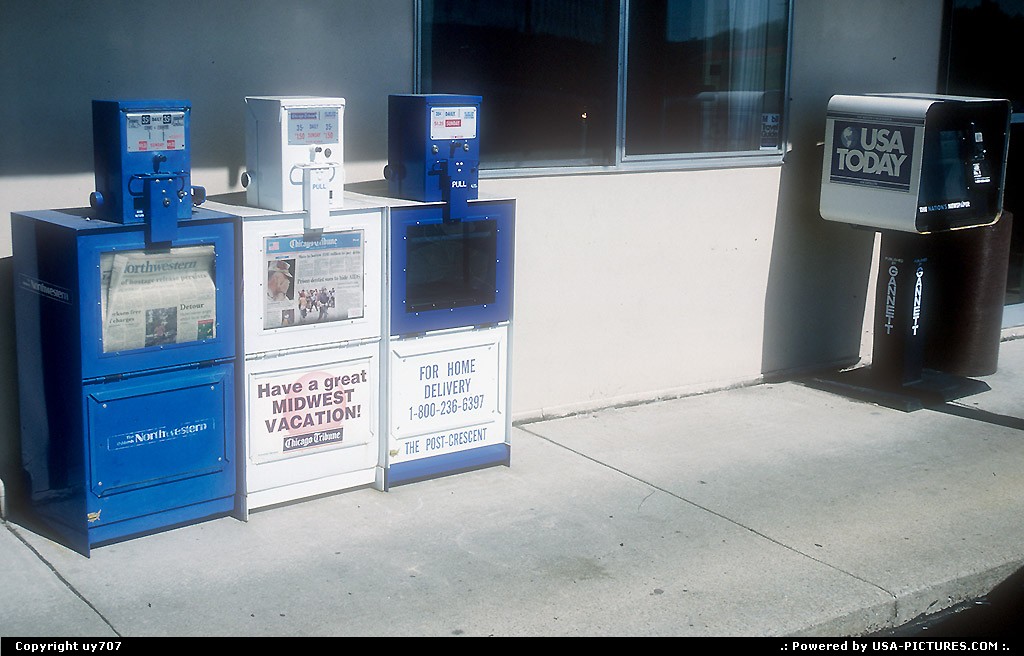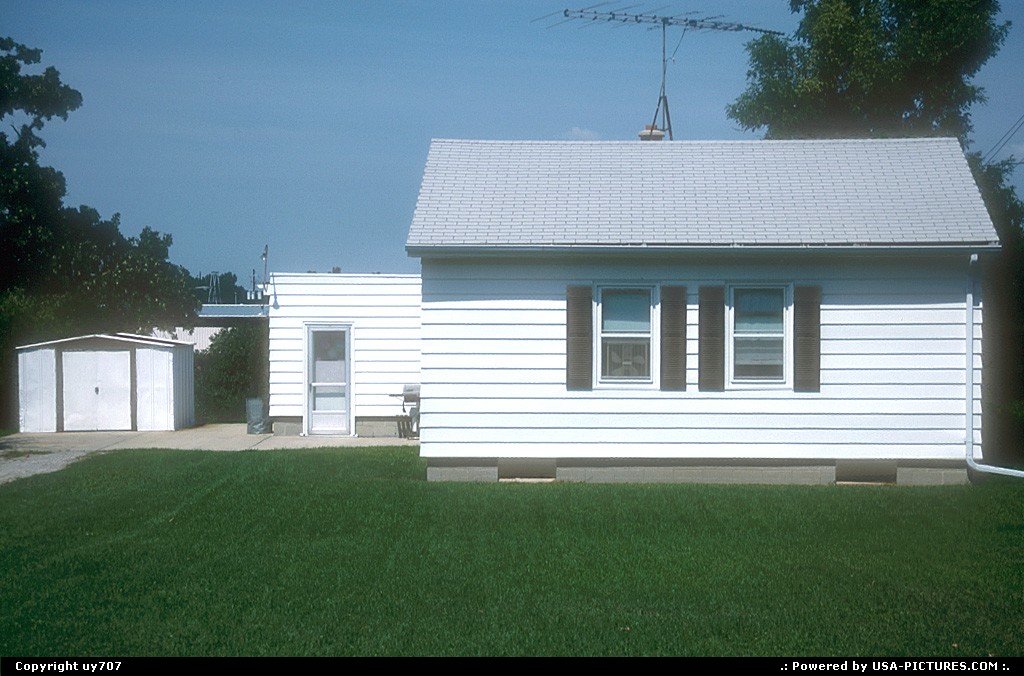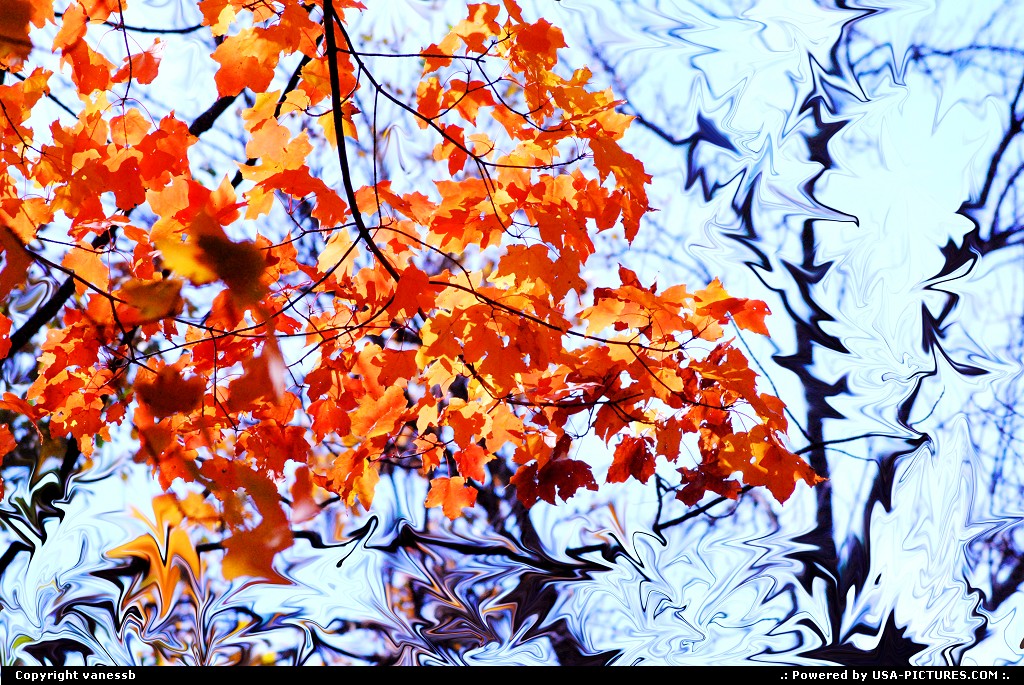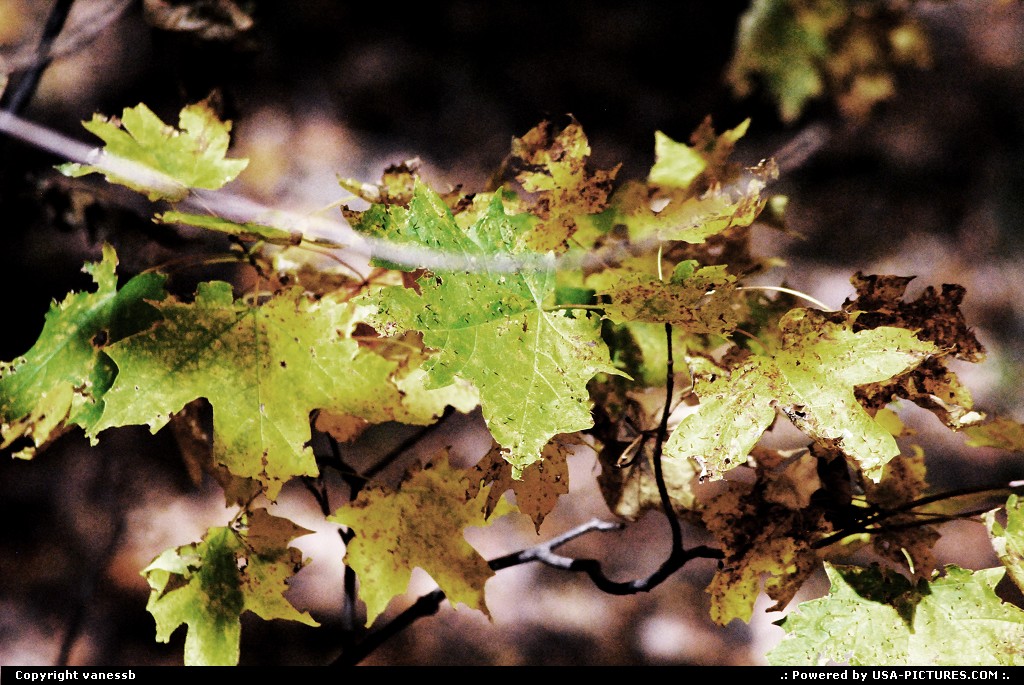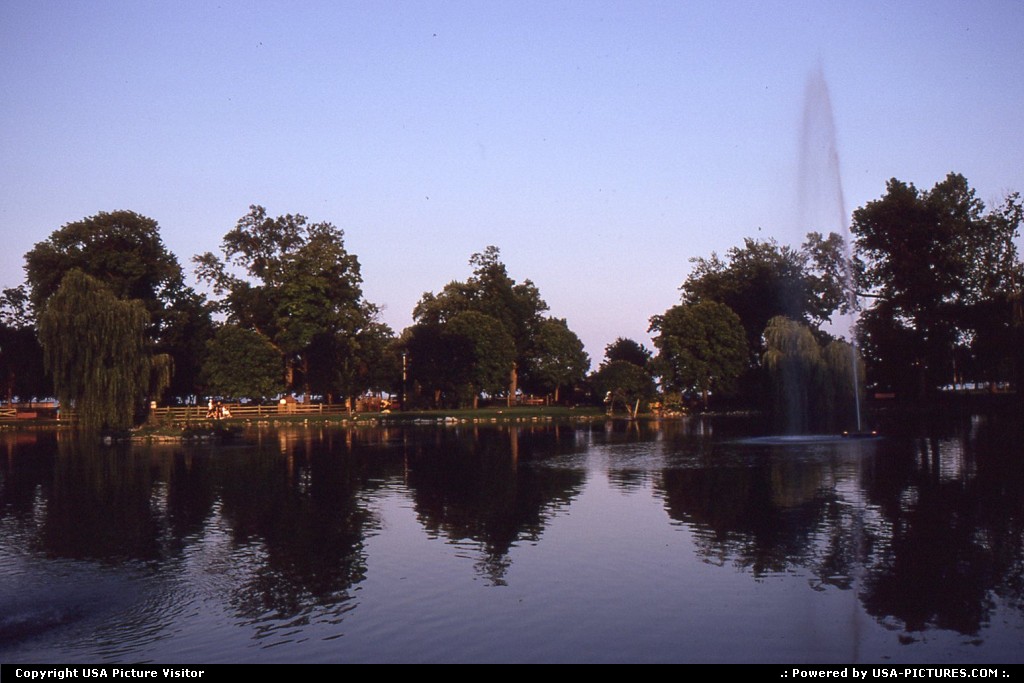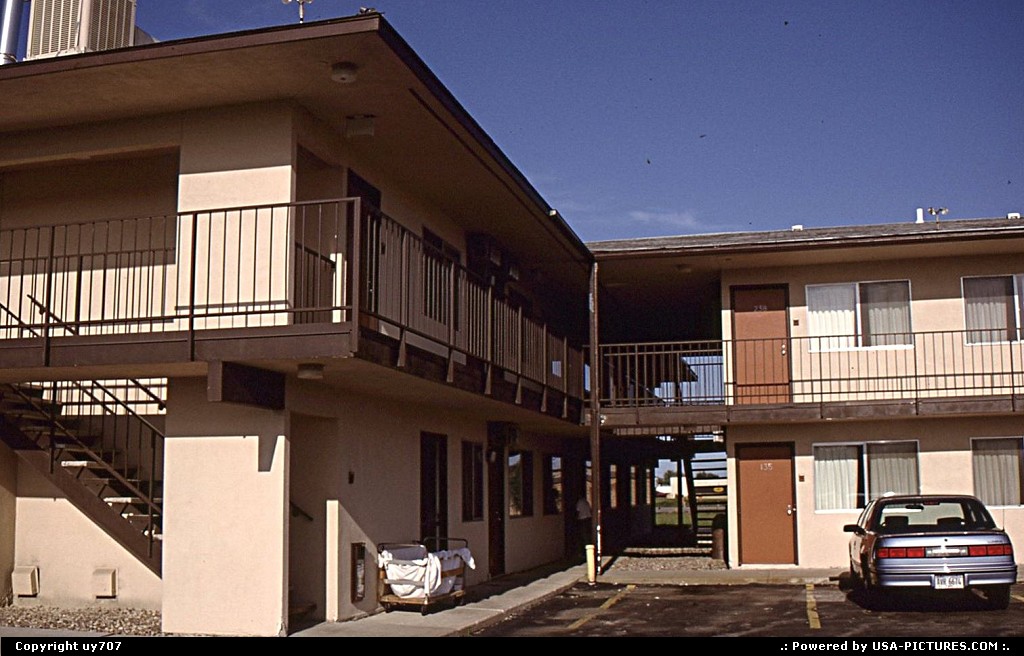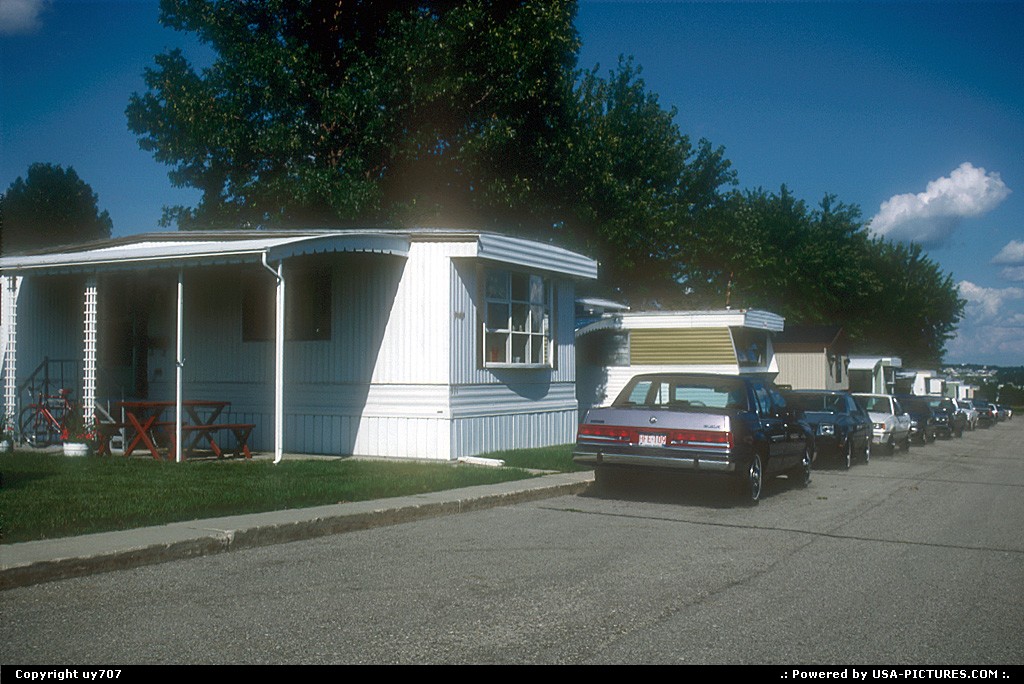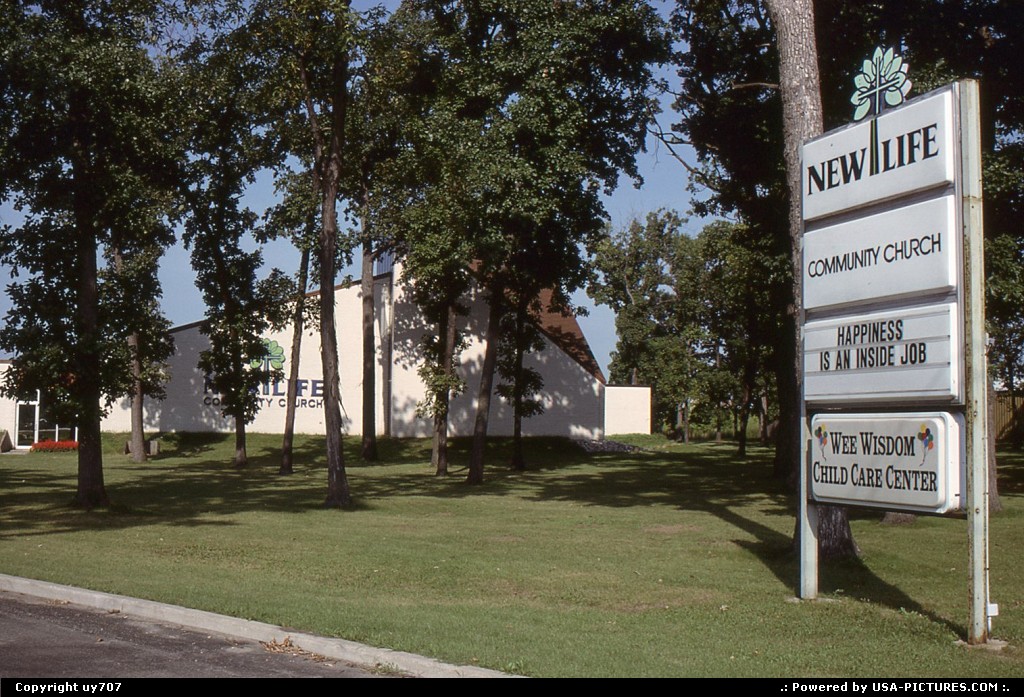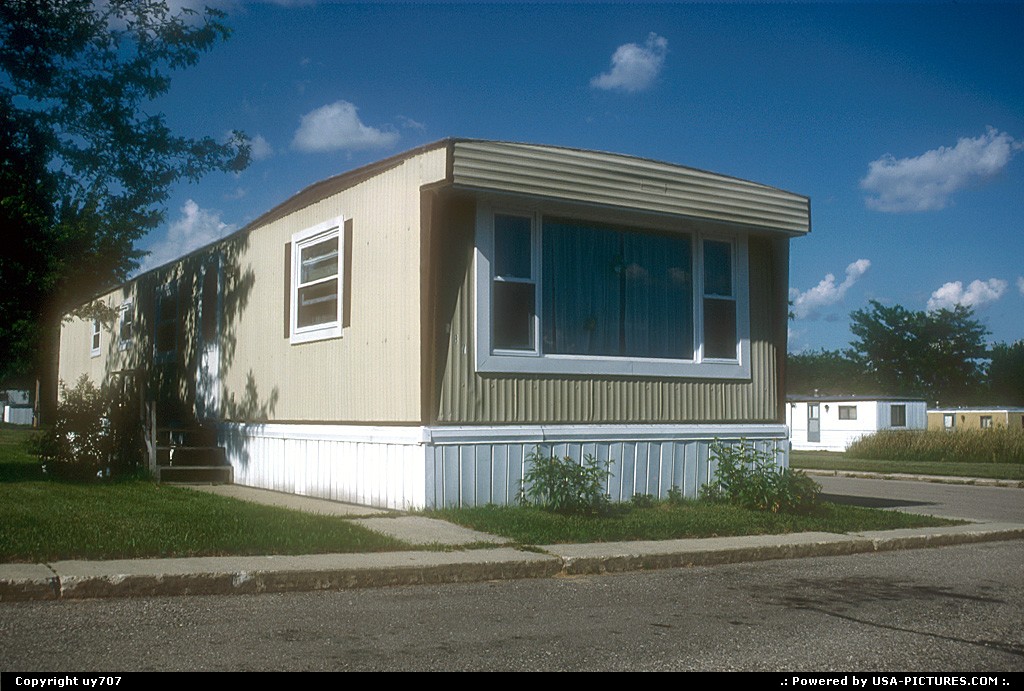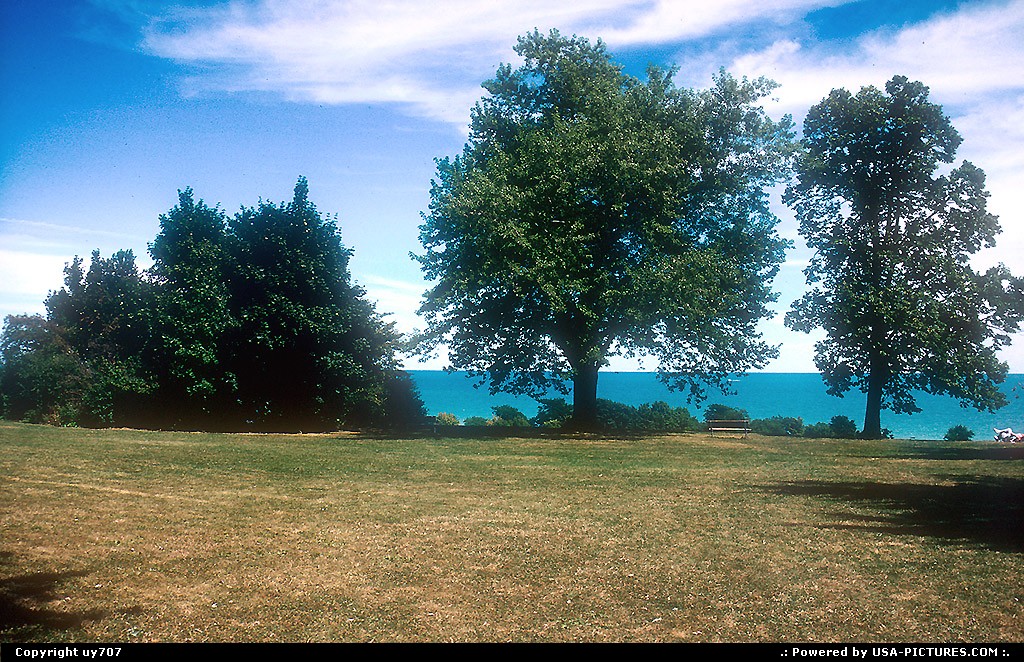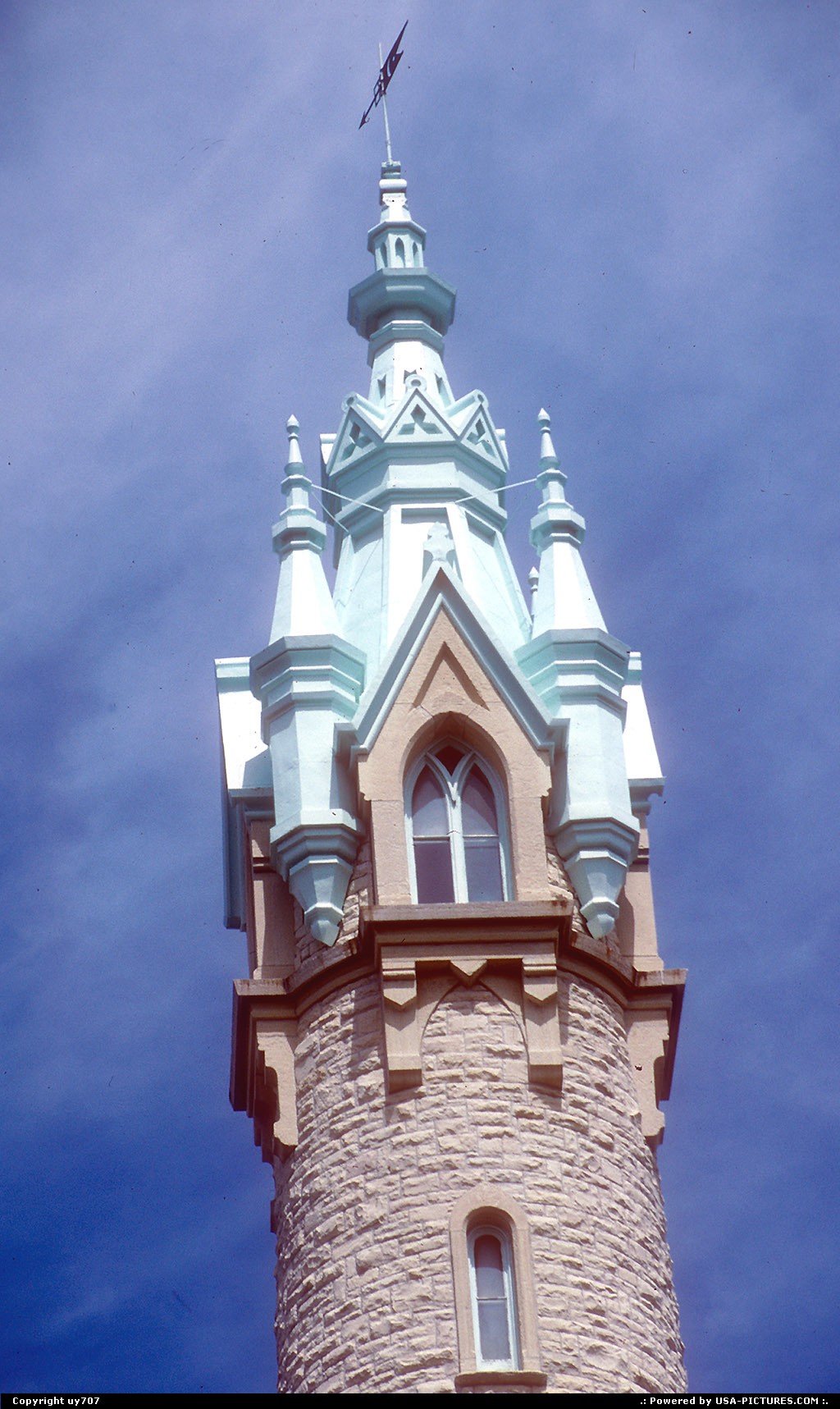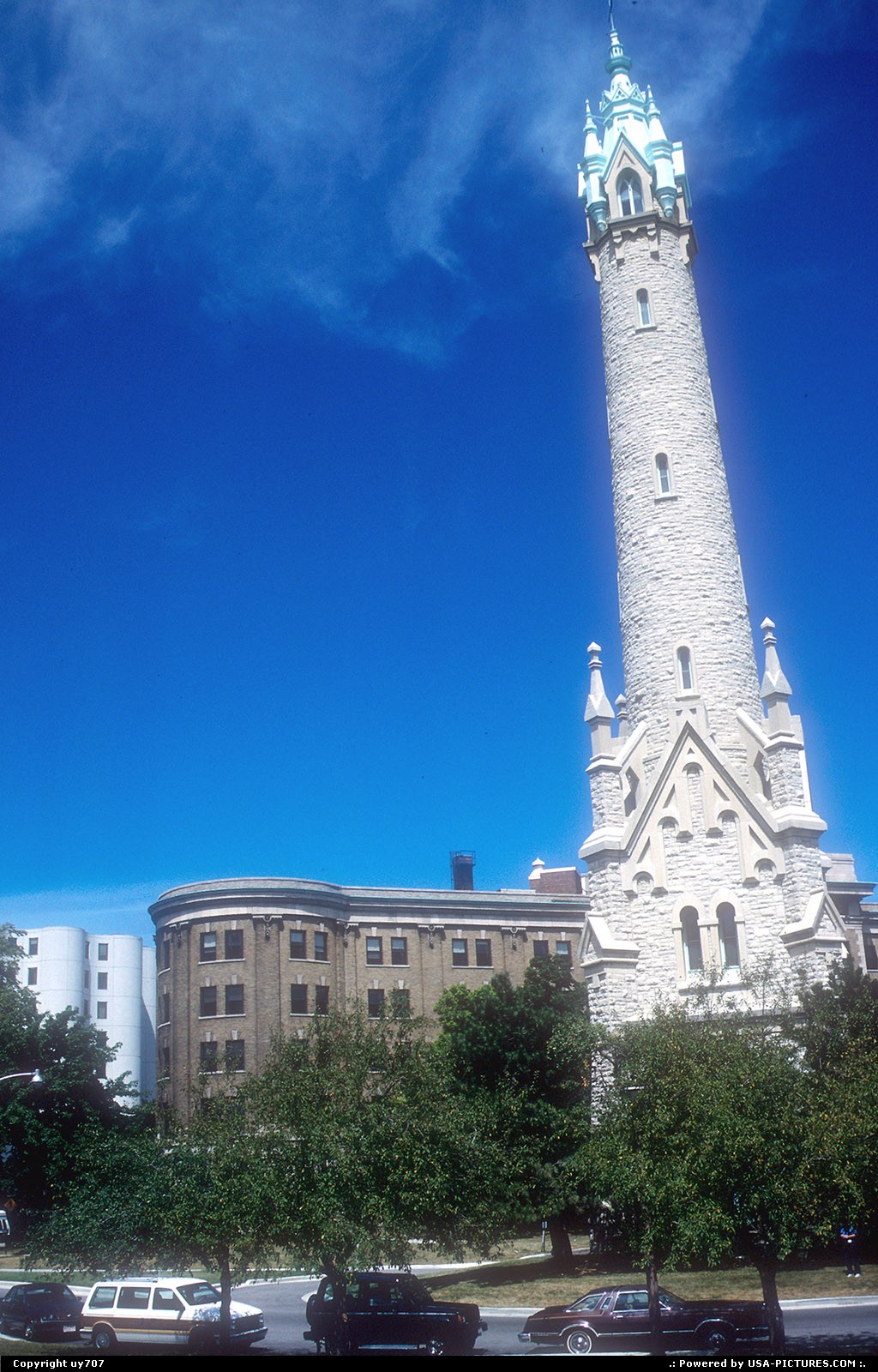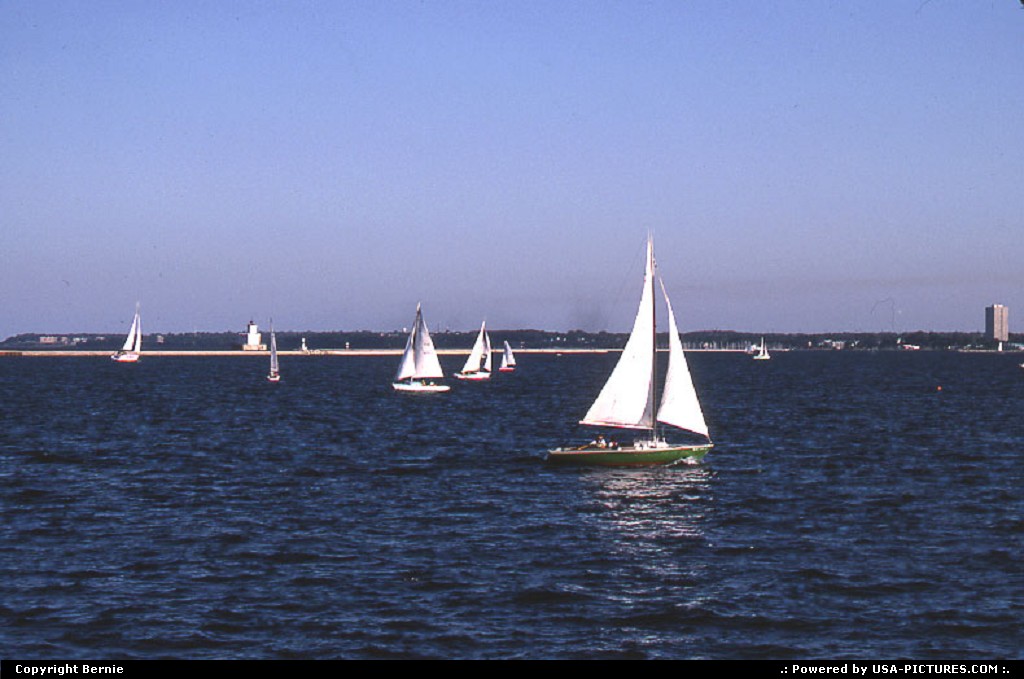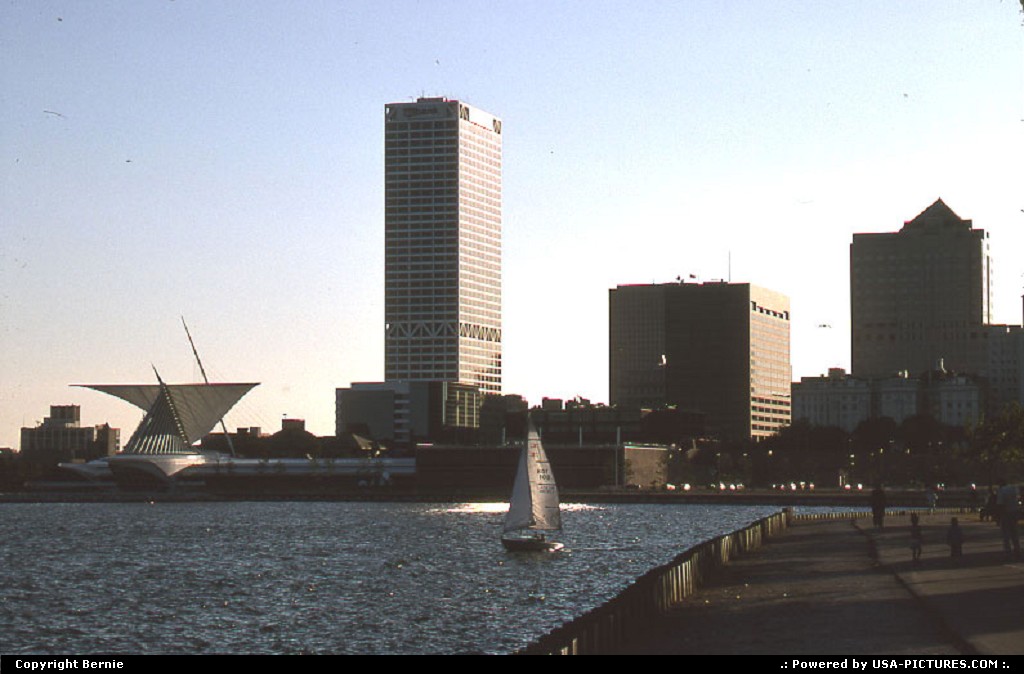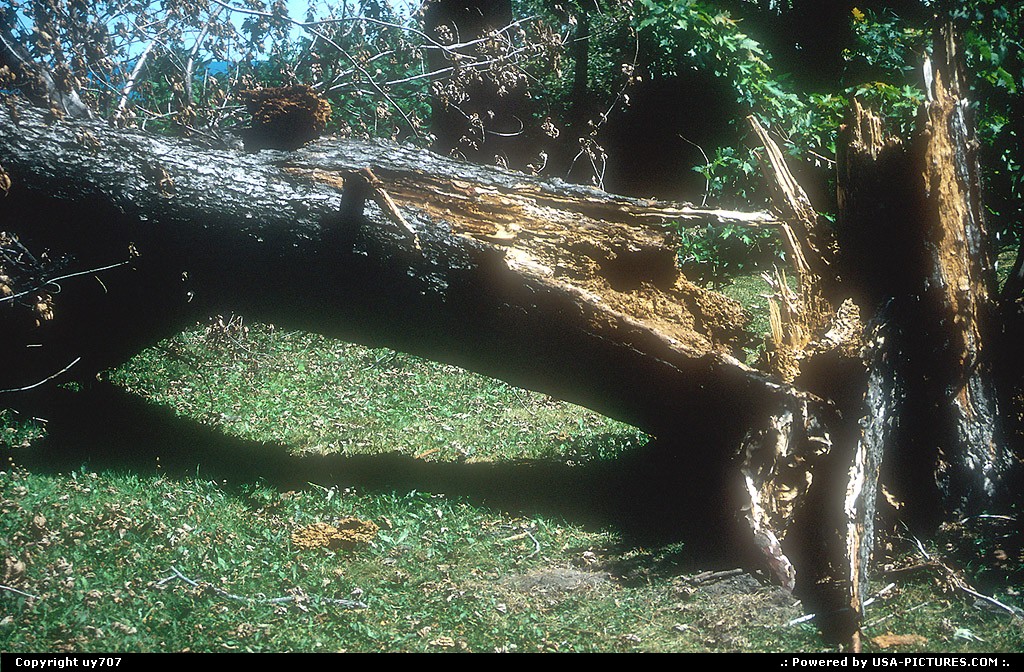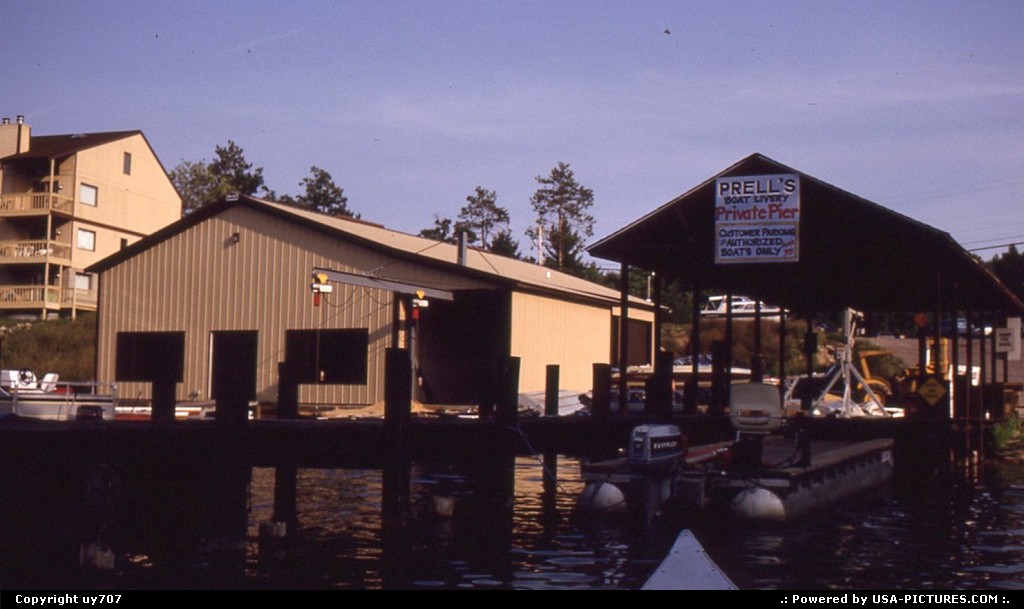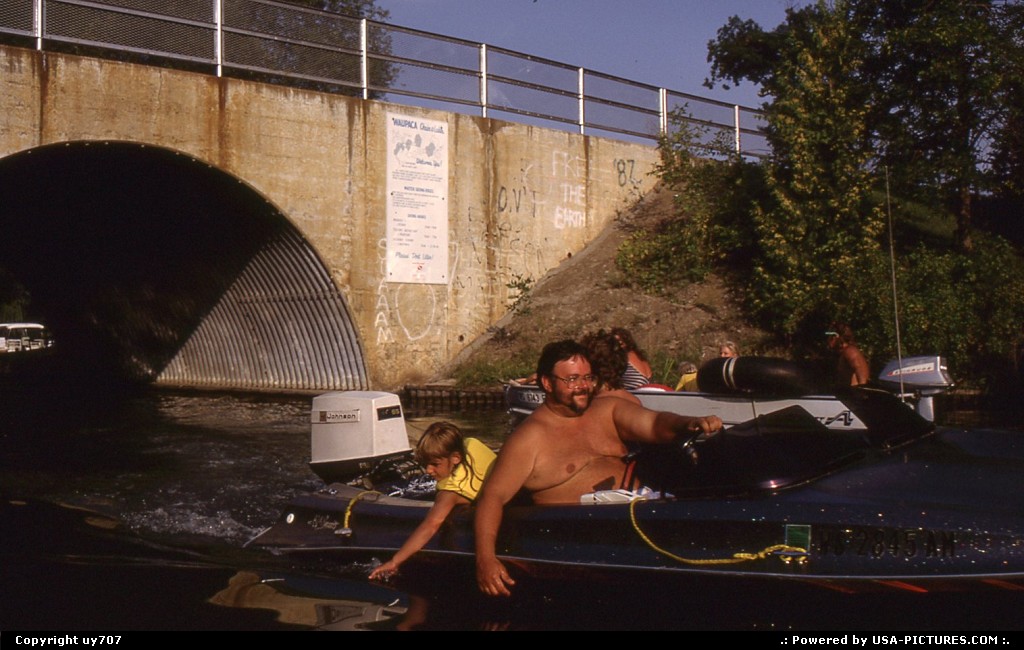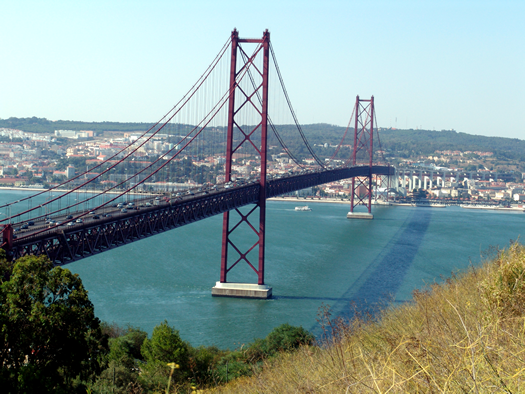Would you post about your country for us to know?
PORTUGAL
Geography
Portugal is situated at the south-west point of Europe and also includes the Madeira and Azores archipelagos in the Atlantic Ocean. Mainland Portugal occupies an area of 88,889 km2. It is 218 km wide and 561 km long. It has 832 km of Atlantic coast and a 1,215 km border with Spain.
The Azores are situated in the Atlantic Ocean between Europe and North America. They have an area of 2,355 km2 and consist of nine islands - São Miguel and Santa Maria in the Eastern Group, Terceira, Graciosa, São Jorge, Pico and Faial in the Central Group and Flores and Corvo in the Western Group. It takes about two hours to get from the Azores to mainland Portugal by plane.
The Madeira Archipelago has an area of 741 km2 and lies in the Atlantic Ocean about 500 km from the African coast and 1,000 km from the European continent (1½ hours flying time from Lisbon). It consists of the islands of Madeira and Porto Santo and the uninhabited Desertas and Selvagens islands, which are nature reserves.
Population
Portugal has a population of about 10 million.
The population density is at its greatest in Lisbon, the capital and its suburbs, where about 1.9 million people live.
The second largest city in Portugal is Oporto in the north.
Generally speaking, there are more people living in the country’s coastal regions than in the inland areas.
History
With such a long sea coast, it is not surprising that Portugal has witnessed so many sailings and arrivals. This is why we have been open to the world and to communication for so long. We have assimilated peoples of different origins: Phoenicians, Greeks, Carthaginians, Romans (who left us our language), northern Europeans and peoples from Mauritania. In spite of all these mixtures, Portugal is one of the oldest nations in Europe. In the 12th century, the country gained its independence from the other kingdoms in the Iberian Peninsula thanks to Count Afonso Henriques, who was our first king at his own wish. A century later, with the conquest of the Algarve, Portugal was to definitively establish its continental border.
In the late 13th century, King Dinis founded our university, one of the oldest in Europe, and took it to the beautiful city of Coimbra. In the 14th, 15th and 16th centuries, the Portuguese were the first Europeans to sail to Africa, the distant Orient and the heart of South America, from where we brought a wealth of treasures. Even before advancing along the coast of Africa, we discovered the archipelagos of the Azores and Madeira, which are part of our territory in the Atlantic.
After a dynastic crisis and a period under the rule of the Spanish crown, in 1640 a Portuguese king took the throne once more, because, although we are discrete, we have a strong sense of independence. In the 18th century, King João V, an absolutist monarch and a patron of the arts, built a huge palace and convent in Mafra and the great aqueduct that supplied Lisbon’s water. In the 19th century, the monarchy was weakened by clashes between different factions and, in 1910, it was overthrown and Portugal became a republic.
We have been members of the EU since 1986, though we still value our own virtues.
From this brief history, you will see that our art is a little different from that you already know.
Note some of the peculiarities, especially the "Manueline" style, which exalted the age of the discoveries, the way we have learned to work with tiles and our fado, the song of nostalgia.
Religion
The majority of Portuguese are Catholics, but the Portuguese Constitution guarantees religious freedom and there are a number of different religions in Portugal.
Language
One of the Latin languages, Portuguese is the third most spoken European language in the world and the native tongue of about 250 million people.
The Portuguese-speaking countries are scattered all over the world. Portuguese is spoken in Africa (Angola, Cape Verde, Guinea-Bissau, Mozambique and São Tomé e Príncipe), in South America (Brazil) and in Asia, (East Timor, the youngest nation in the world), and it is also the official language in Macao Special Administrative Region of China.
In Portugal there are lots of people who are able to communicate in English, French and Spanish.








 Reply With Quote
Reply With Quote
